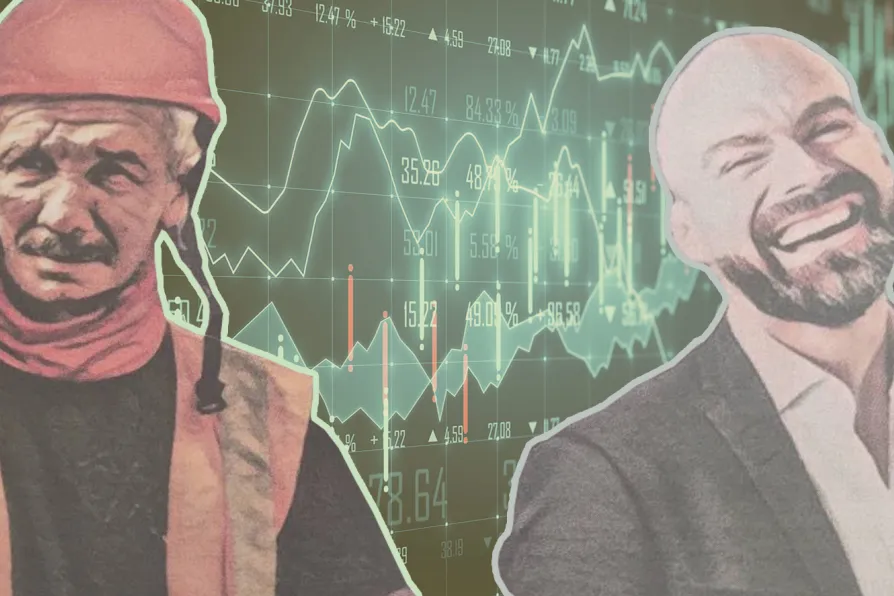John Wojcik pays tribute to a black US activist who spent six decades at the forefront of struggles for voting rights, economic justice and peace – reshaping US politics and inspiring movements worldwide

 The fact that inflation is sought to be controlled by squeezing the share of the working class does not mean that the working class was responsible for starting the inflationary process. In fact, the two phenomena have nothing to do with one another.
The fact that inflation is sought to be controlled by squeezing the share of the working class does not mean that the working class was responsible for starting the inflationary process. In fact, the two phenomena have nothing to do with one another.
ECONOMISTS distinguish between two kinds of inflation: “demand-pull” and “cost-push.” Demand-pull inflation is said to occur when there is excess demand in a situation where supply cannot be augmented, because full capacity output has been reached in one or more crucial sectors. Wartime inflation is a classic example.
In India during the pre-neoliberal, dirigiste period, inflation was often the result of an insufficient grain output relative to demand, arising from a poor harvest.
Cost-push inflation on the other hand occurs when supplies can be augmented, as the economy is nowhere near full capacity in key sectors, but one of the classes tries to raise its share of output, by demanding a higher price for the input it provides, while other classes are unwilling to lower their shares, giving rise to a tug-of-war, which manifests itself through inflation.

If the government really wanted to address public finances, improve living standards and begin economic recovery, it would increase its borrowing for investment, argues MICHAEL BURKE

Western nations’ increasingly aggressive stance is not prompted by any increase in security threats against these countries — rather, it is caused by a desire to bring about regime changes against governments that pose a threat to the hegemony of imperialism, writes PRABHAT PATNAIK











